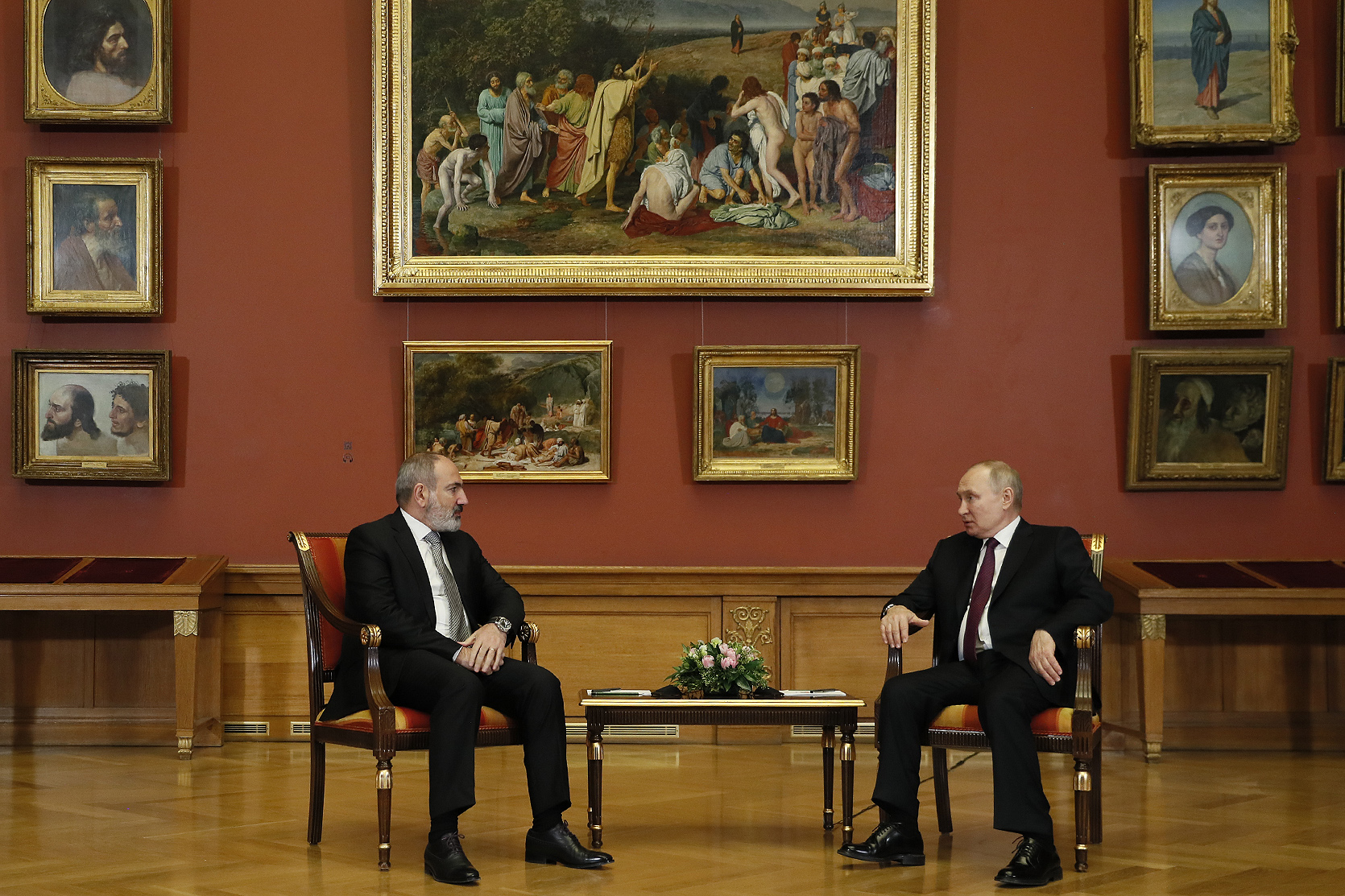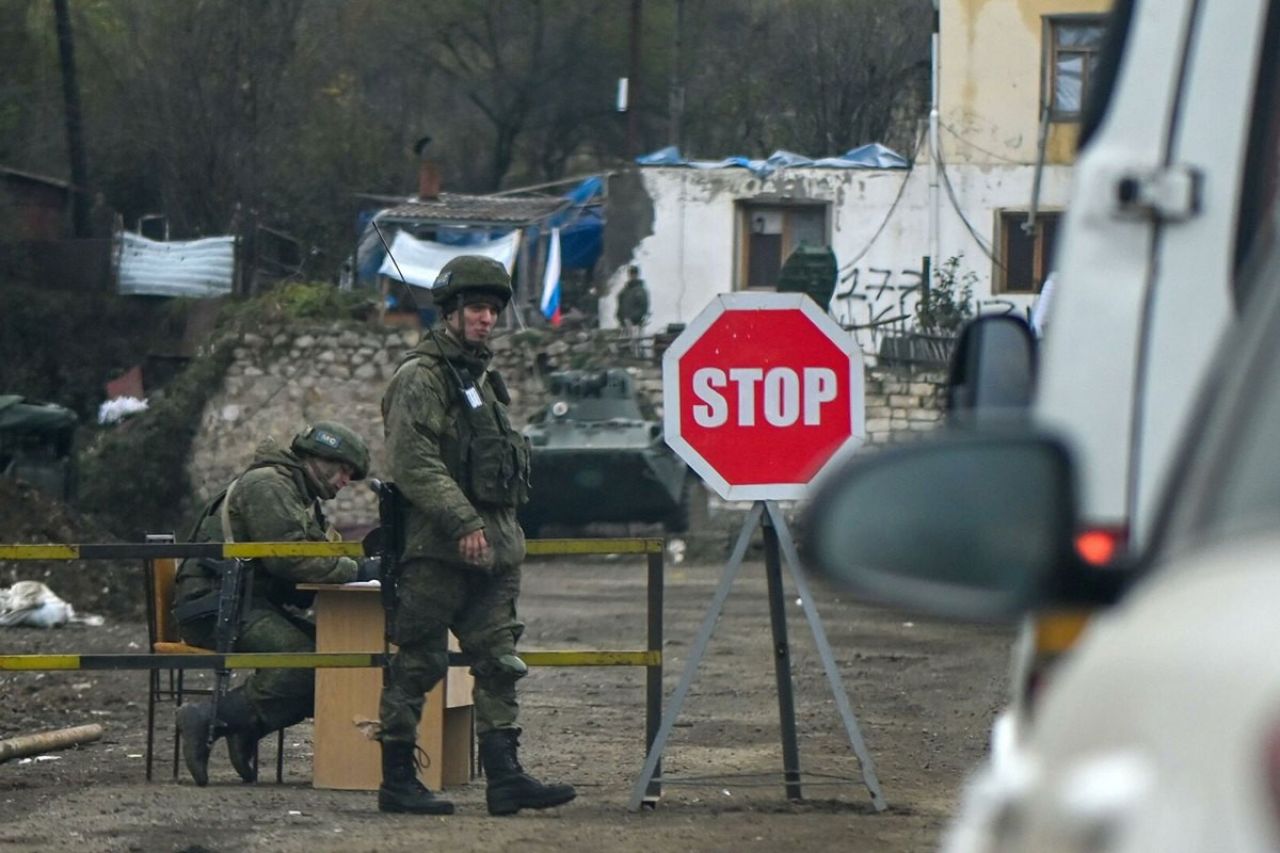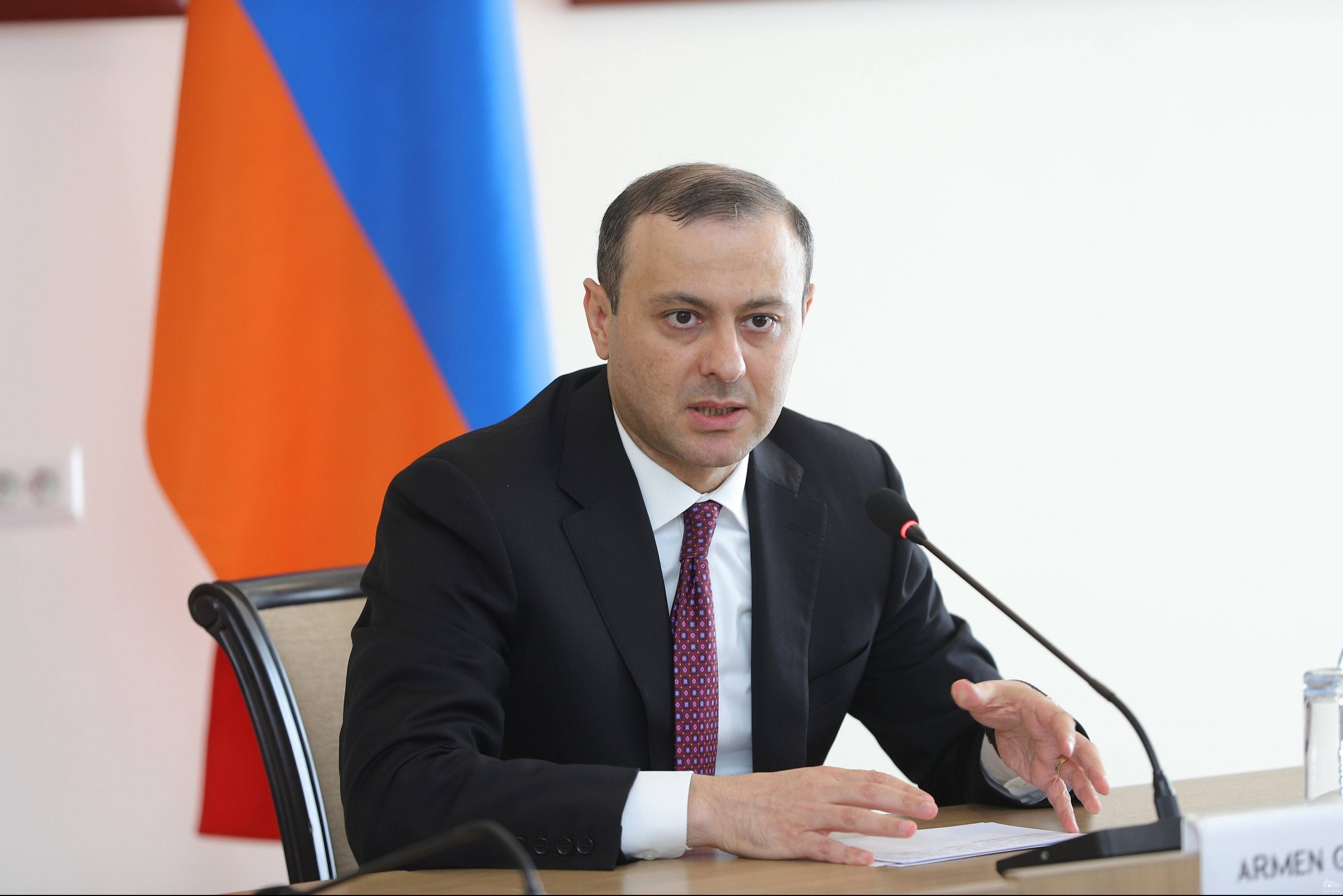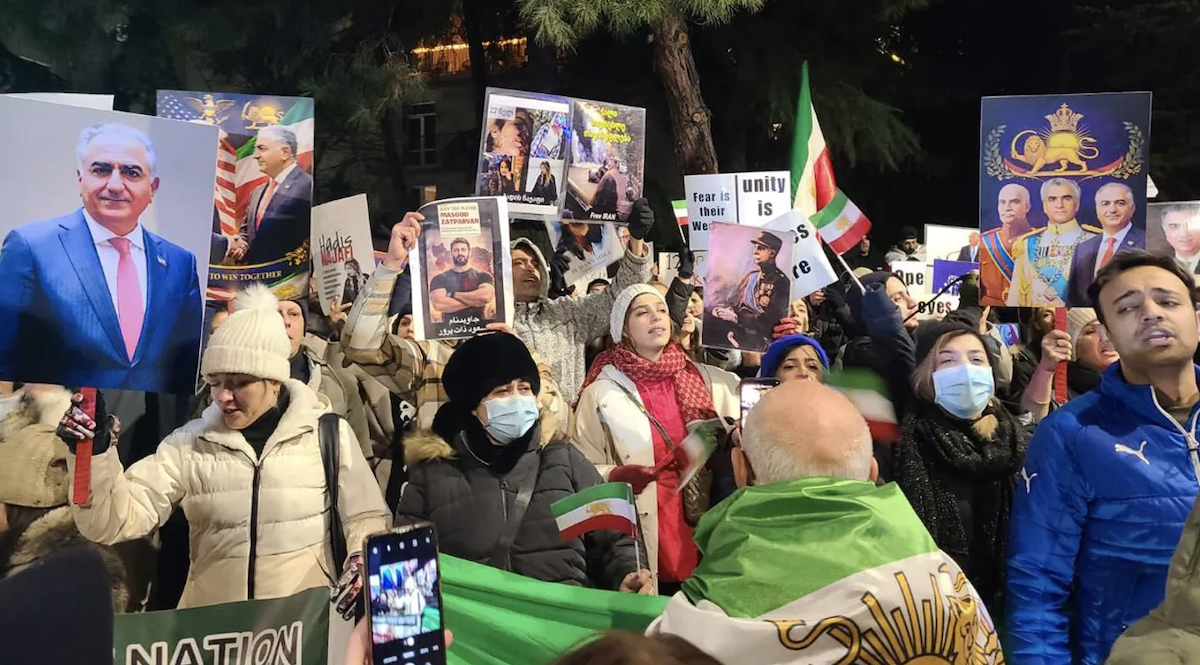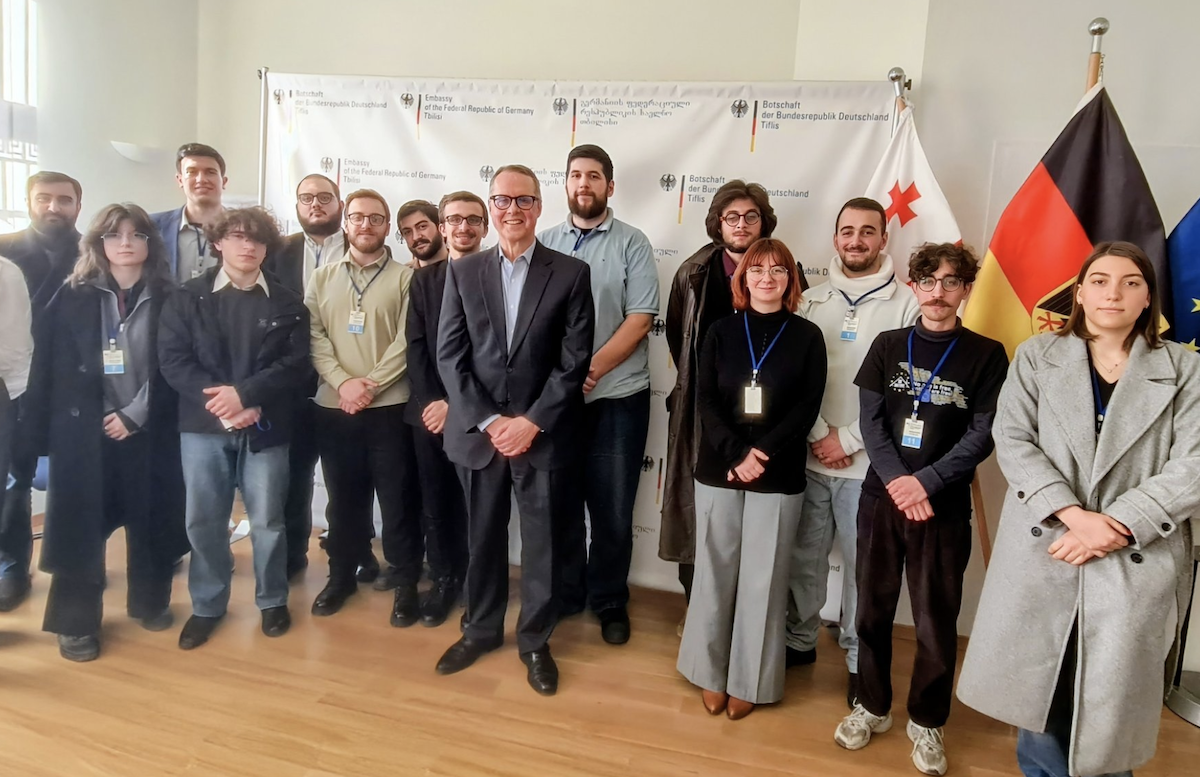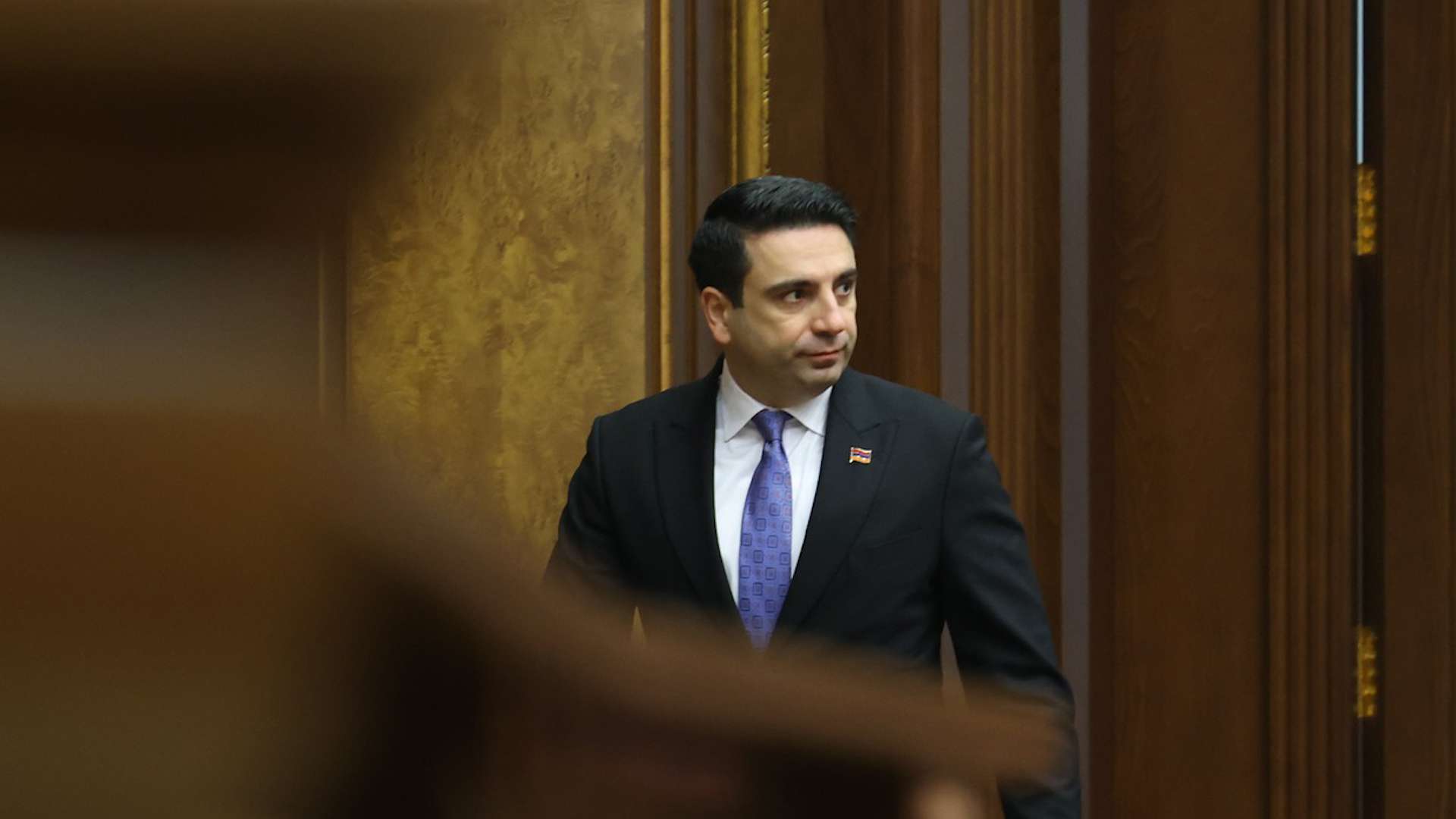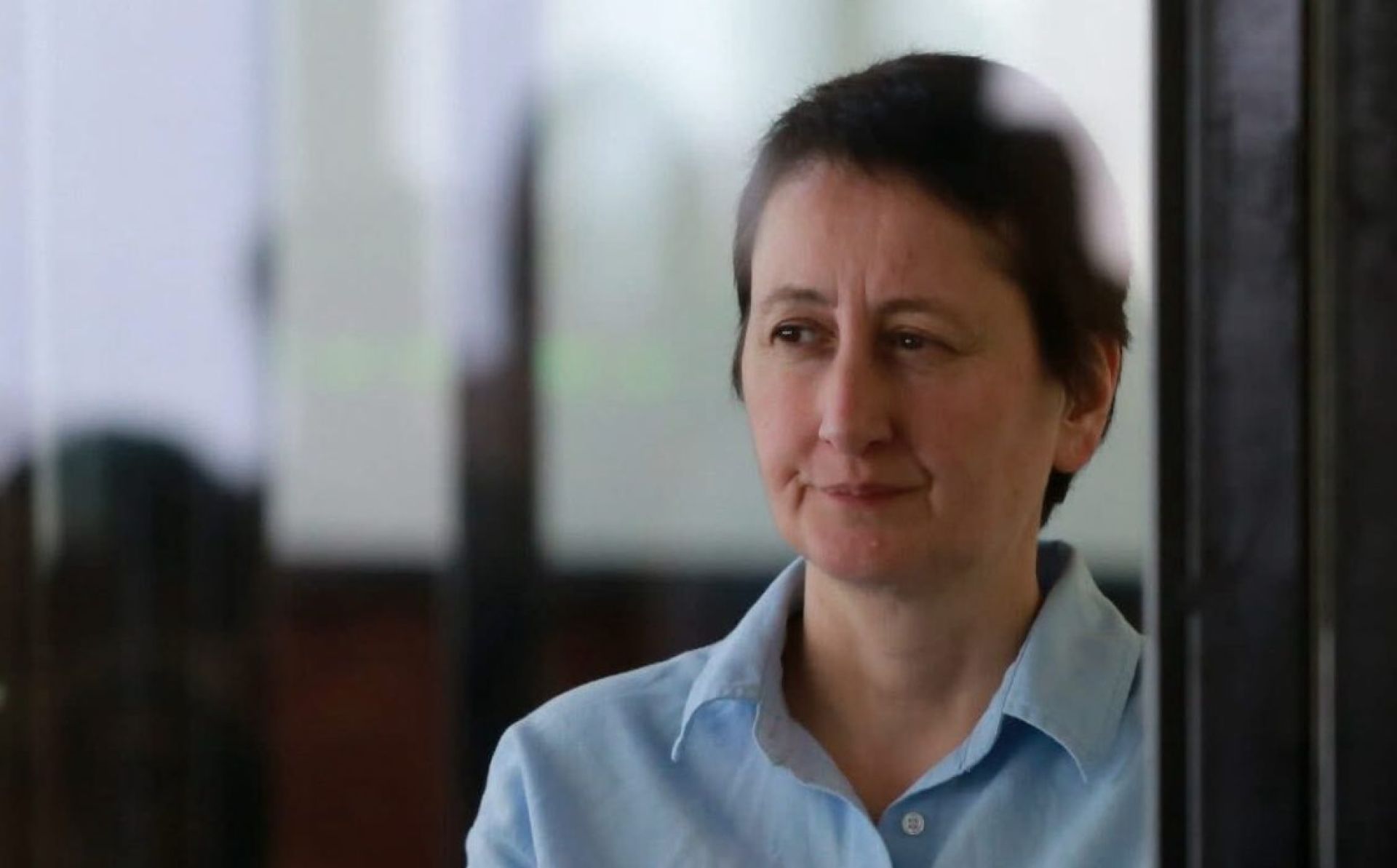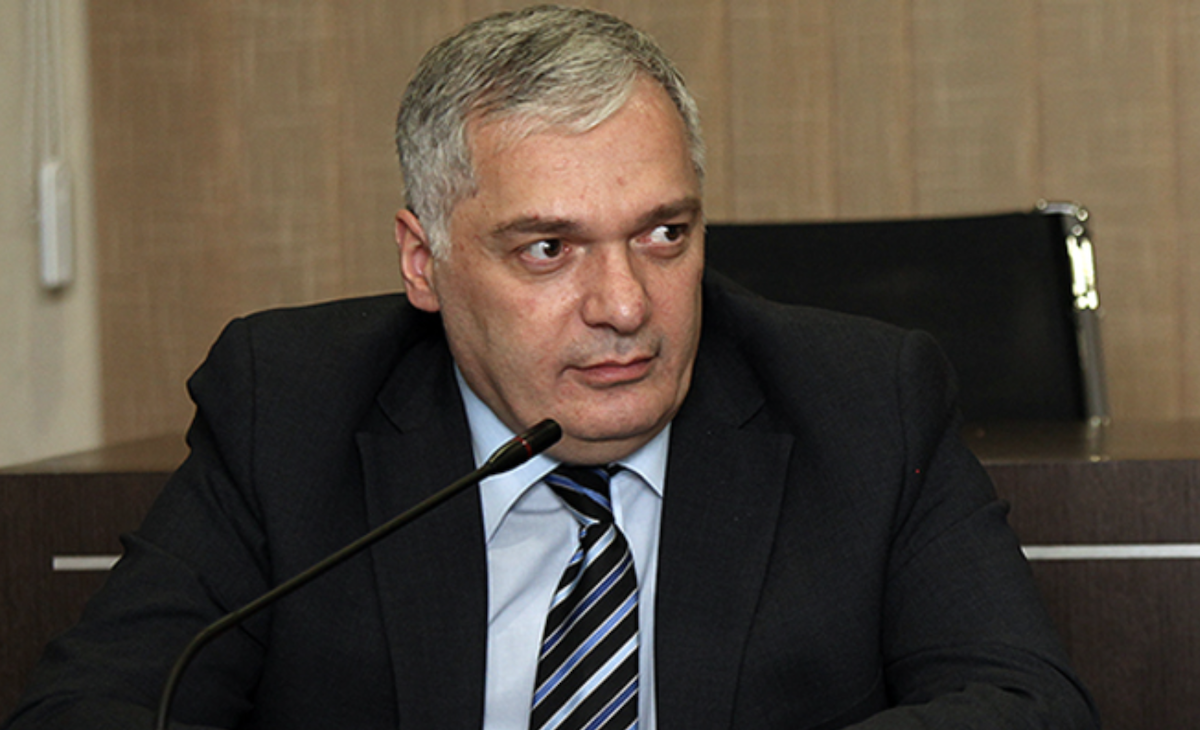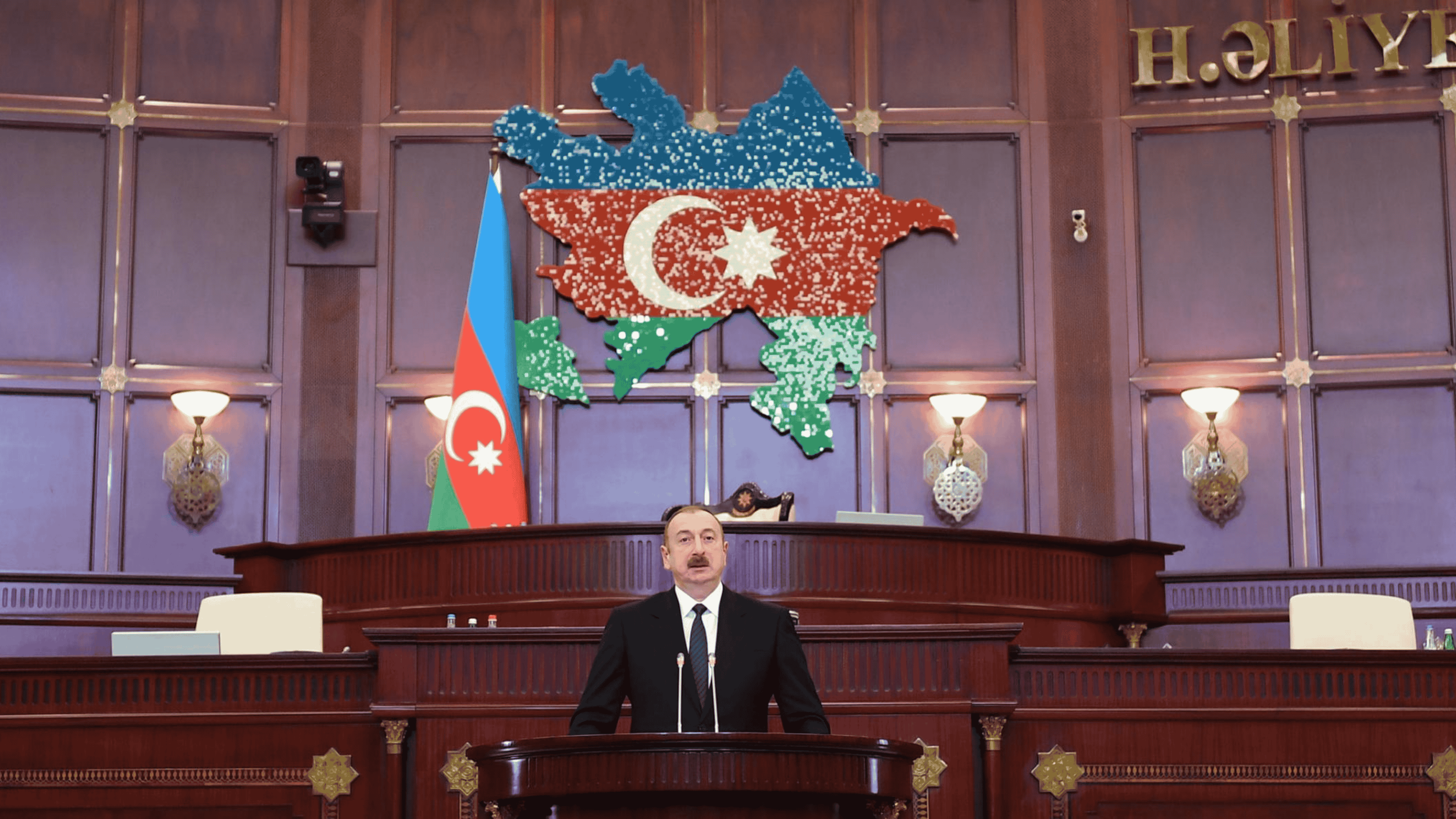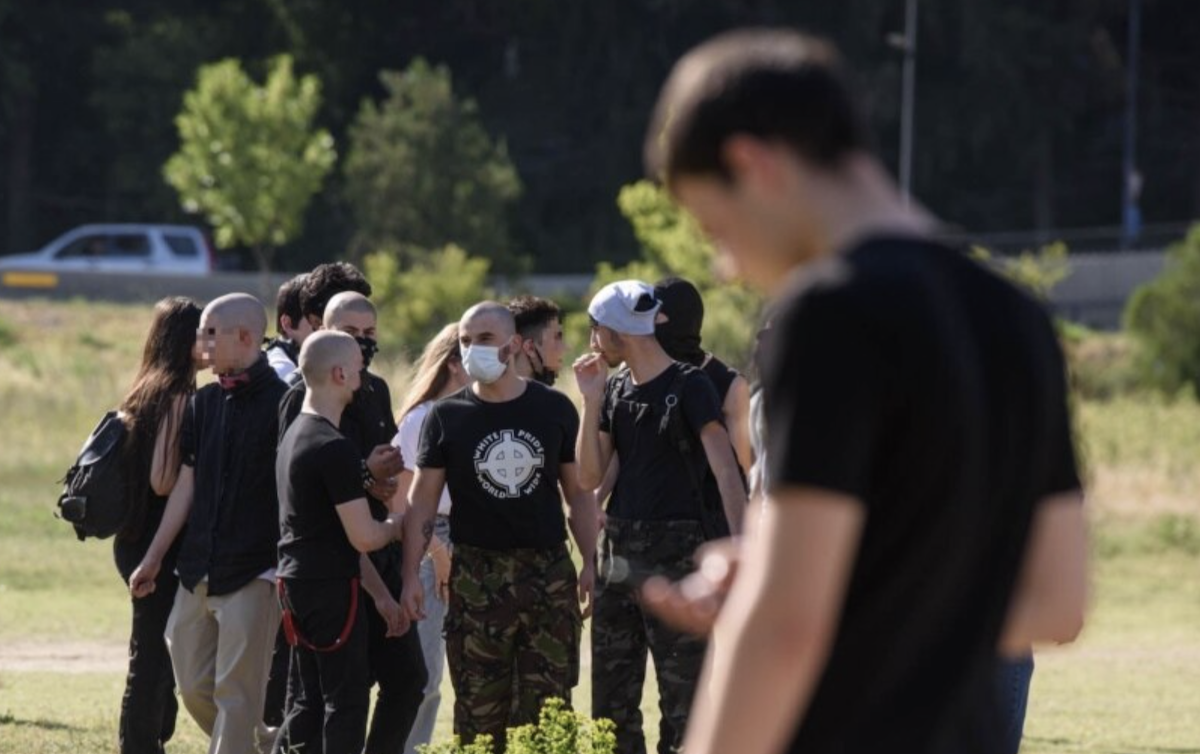“Azerbaijan preventing entry of UN mission to NK” – Ombudsman of Armenia
Ombudsman of Armenia on Lachin corridor blockade
“The UN Human Rights Commission should send a fact-finding mission to the Lachin corridor, which has been blocked for the seventeenth day,” Armenian human rights advocate Kristine Grigoryan tweeted. She believes that this is the only way to get a clear picture of what is happening now in Nagorno-Karabakh.
Since December 12, Azerbaijan has blocked the Lachin corridor, the only road connecting Nagorno-Karabakh with Armenia. 120,000 people, of whom 30,000 are children, are under blockade and on the verge of a humanitarian catastrophe. Food, medicine and fuel are running out.
Azerbaijan claims that the road is not blocked, publishing photos of cars passing along it. However, apart from the vehicles of the Russian peacekeepers, only vehicles of the International Committee of the Red Cross have moved along the corridor. They transported five citizens with serious health problems to Yerevan and delivered ten tons of humanitarian cargo from Armenia to NK.
Kristine Grigoryan, in an interview with Radio Azatutyun (Freedom), stated that “perhaps what is happening in Nagorno-Karabakh is not commensurate in scale with what is happening in Ukraine, but the nature of violations and war crimes is identical.”
- “Lachin corridor may open as a result of compromises” – political scientist
- “NK’s right to secede becomes invulnerable” – Former Armenian Foreign Minister
- Thousands rally in NK demanding the Lachin corridor be opened
“Human rights priorities in the UN are not moving so smoothly”
According to Grigoryan, Azerbaijan continues to impede realization of Armenia’s proposal to send a UN mission to Nagorno-Karabakh. She says that the Ministry of Foreign Affairs came up with this proposal, but she personally discussed this issue with the chairman of the UN Human Rights Council.
Grigoryan said that recently the second joint report of the Ombudsmen of Armenia and Nagorno-Karabakh on the blocking of the Lachin corridor was presented to international partners.
“And they asked if there is any international organization that is on site and can confirm. This was another opportunity to insist on my proposal to send a mission to study the situation.”
According to Grigoryan, the work of the UN bodies “is not so simply organized”, and the priorities of the protection of human rights “are not moving smoothly”, necessitating more diplomatic work.
“Azerbaijan has something to hide”
Grigoryan emphasized that the only international organization represented in Nagorno-Karabakh is the International Committee of the Red Cross.
“But it has a limited and very specific mandate – a humanitarian one. The organization faces huge difficulties, as Azerbaijan is not inclined to cooperate.”
Grigoryan says that all information from Armenia is transferred to international organizations and “the facts of the Armenian side are enriched” are bolstered by the fact that Baku does not want any fact-finding missions in Nagorno-Karabakh. In her view, this proves that “Azerbaijan has something to hide.”
“The purpose of the reports is to refute the false narratives of Baku”
The Ombudsman’s Office sends its reports to various international organizations, and their goal is “to refute Baku’s false statements by providing concrete evidence,” Grigoryan says. These reports are not “an end in themselves”, and their effectiveness is borne out by statements made by international organizations, including human rights organizations.
The latest report, prepared jointly with the NK Ombudsman, was sent to thirty international organizations, including the European Court of Human Rights.
“Reports are very important in terms of providing information to the court on how its decision to apply an interim measure is being enforced on the ground. In fact, our report shows that the decision of the European Court of Human Rights is not being implemented.”
The European Court of Human Rights granted Armenia’s request to apply interim measures against Azerbaijan and unblock the Lachin corridor:
“The court decided […] to oblige Azerbaijan to take all necessary and sufficient measures to ensure the safe movement of seriously ill people in need of medical care through the Lachin corridor, as well as the safe movement of persons left homeless on the road or without means of subsistence.”
The Office of the Ombudsman also works with the UN, the Council of Europe and the OSCE. According to the head of the structure, the questions received from these organizations indicate that “processes are underway.”
Grigoryan says people in Armenia may think that the world is aware of what is happening, but it is not, and this information gap needs to be filled. The Ombudsman tries with its reports to convey to partners that the blockade of Nagorno-Karabakh is “a deliberate step, planned and carried out by the Azerbaijani authorities”:
“The main thread in the report is that a blockade of the population, an act of depriving it of sources of food, other humanitarian opportunities and vital resources, is characterized in humanitarian law as an act of war.”
The legal analysis of the situation is intended, according to Kristin Grigoryan, to show the world that Azerbaijan is taking steps that qualify as a “policy of ethnic cleansing.”
She says that it is no coincidence that since November the Azerbaijani media, close to the authorities, “using the already tested methods of Armenophobia and hatred for the Armenian population of Artsakh, prepared the public opinion of Azerbaijan for demands” that are now being heard in the Lachin corridor.
Ombudsman of Armenia on Lachin corridor blockade










